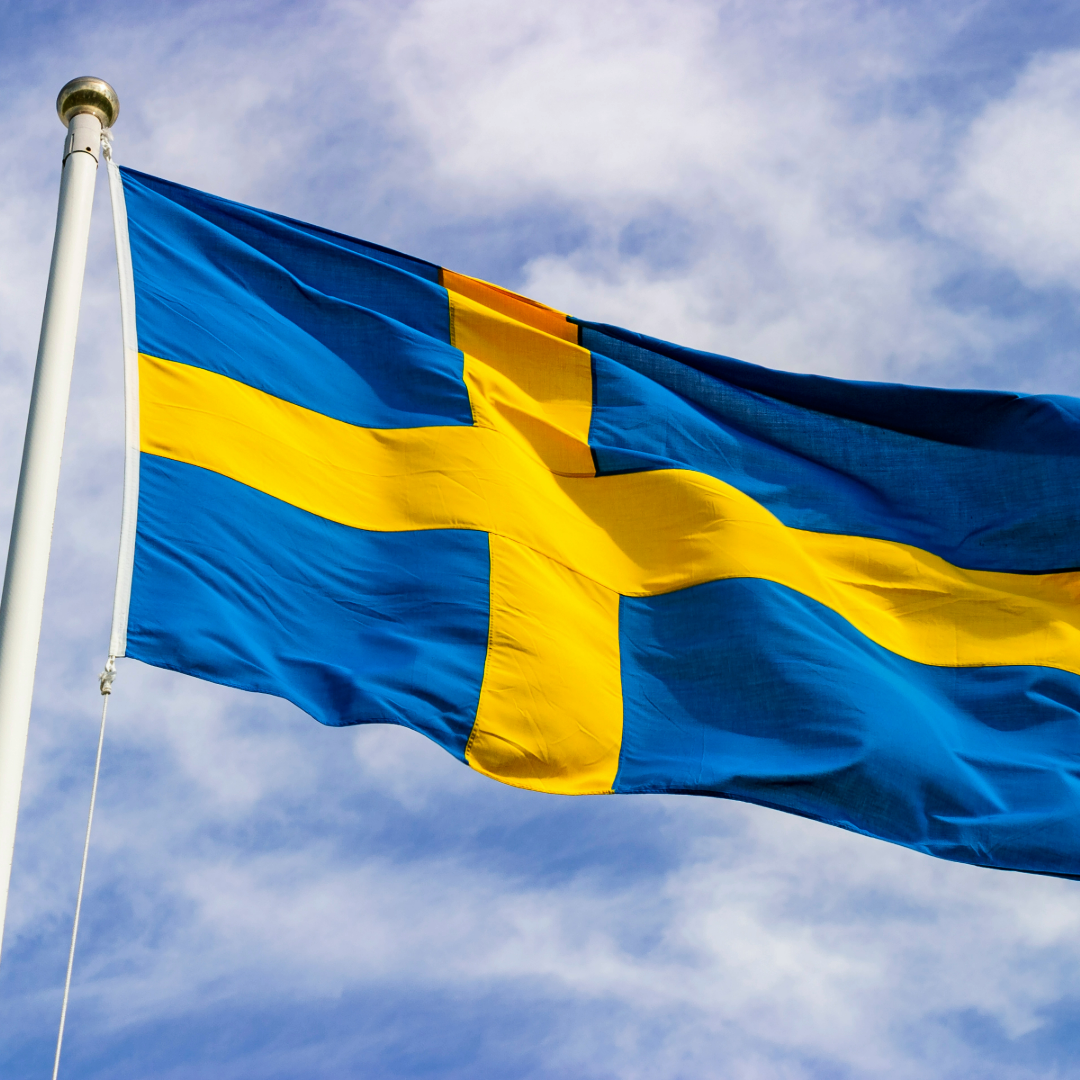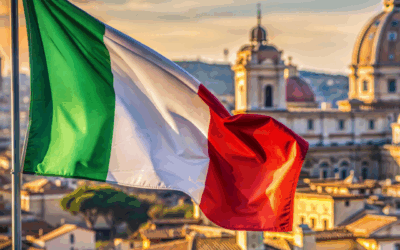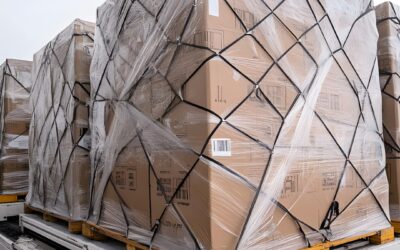EPR in Sweden: The amendments to 2024 at a glance

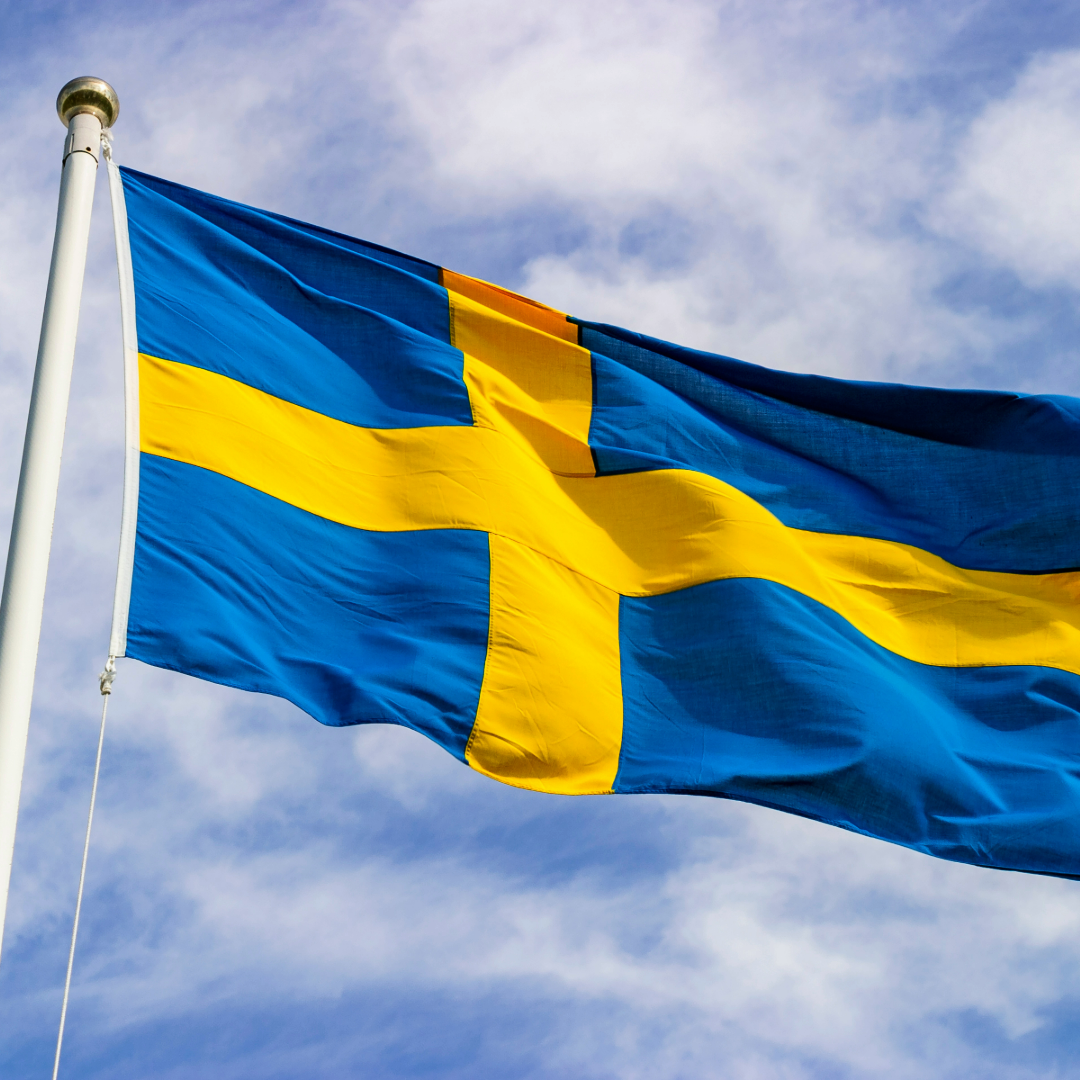

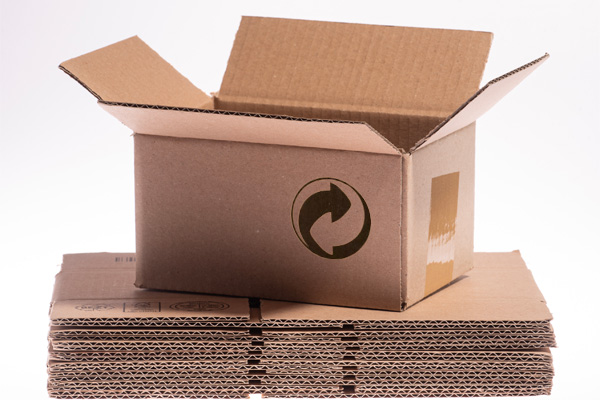
With the new amendments to the Extended Producer Responsibility (EPR) Regulation, Sweden is clearly demonstrating how producer responsibility can be comprehensively implemented. The Swedish government has decided to make fundamental changes to the EPR regulation for packaging, which have been fully effective since 2024. The changes to the law affect a wide range of stakeholders. Why all this? Sweden is pursuing a major goal: recycling is to be made easier and more efficient in order to save raw materials and reduce CO2 emissions.
The amendments not only place obligations on distributors of packaging, but also redistribute roles and responsibilities and affect municipalities, producers, producer responsibility organisations (PROs) and deposit systems. We look at the changes in detail:
This is what the changes mean for producers and producer responsibility organisations
All manufacturers of packaging are obliged to join or establish a recognised Producer Responsibility Organisation (PRO). The activities of these organisations must be approved by the Swedish Environmental Protection Agency.Producers must also register with the Swedish Environmental Protection Agency and participate in a take-back system.
What the changes mean for municipalities and local authorities
Since 1 January 2024, municipalities and local authorities have assumed operational responsibility for the collection of packaging waste from households and selected businesses. They play a key role in providing information on preventive measures and the correct sorting of packaging waste. By 1 January 2027 at the latest, all municipalities must introduce a door-to-door collection system for packaging waste. Collection will be based on material types such as paper, plastic, metal and glass. In addition, bulky packaging waste and materials such as wood, ceramics and textiles must be collected at accessible collection points or municipal recycling centres.
This is what the changes mean for deposit systems
The updated regulation also includes provisions for deposit systems as applied to bottles and cans. Responsibility for these systems has been transferred from the Swedish Board of Agriculture to the Swedish Environmental Protection Agency from 1 January 2023. Existing systems can retain their approval until 1 January 2027, after which they will be reassessed in accordance with the new guidelines.
EPR in Sweden: Far-reaching commitment
These extensive changes emphasise Sweden’s commitment to environmental protection and recycling. For companies that sell products to end customers in Sweden, it is crucial to be aware of the new responsibilities and act accordingly.
The EPR Sweden 2024 regulation represents not only a change, but also a significant step in terms of packaging responsibility that will contribute significantly to reducing the environmental impact.

LIZENZERO.EU makes packaging compliance in Europe very easy.
Do you ship your products to different countries in the EU? Many different legal requirements and obligations can make the whole thing quite complicated – but don’t worry, we’ll do it for you. How do we do it? With our licensing service, we take over all obligations for you by power of attorney. Sounds good? We’ll be happy to advise you.
For shipping to Germany, you can easily fulfill your packaging obligations yourself via Lizenzero.de.
Ban on Polystyrene Packaging in France: Postponement to 2030 Brings Opportunities and Challenges
Plastic bottles are part of everyday life for many people, whether on the go, at the office, or during sports. In recent years, the materials used to make these bottles have come under increasing scrutiny, especially due to EU-level regulations. Consumers are paying more attention to which chemical substances may be present in their bottles. One of the most well-known and controversial substances is bisphenol A (BPA). BPA is often incorrectly referred to as a plasticizer. It has been heavily criticized for years because of its hormone-like effects and potential health risks, not only in plastic bottles.
EPR in Italy: duties for e-commerce & textiles
New rules for selling via online marketplaces have been in force in Italy since November 2024: With Law 166/2024 (amendment to the existing Legislative Decree 152/2006), Italy is tightening the EPR requirements. Italian online marketplaces must now record and pay data and fees for products subject to EPR in the area of electrical and electronic equipment (WEEE) on behalf of their retailers. For you as a retailer, this means that anyone selling to end customers via an Italian marketplace must be registered.
Commercial packaging in the EU: obligations at a glance
In this article, we explain the differences between the packaging types, the legal basis for them and how some EU member states – specifically France, Austria and Spain – deal with commercial packaging.

